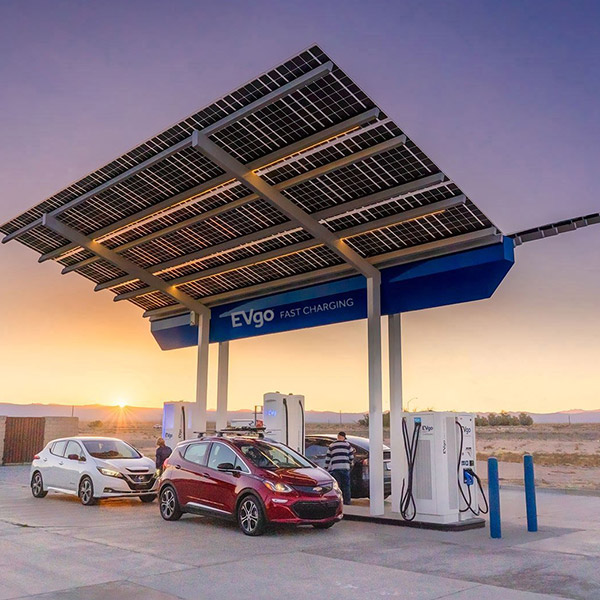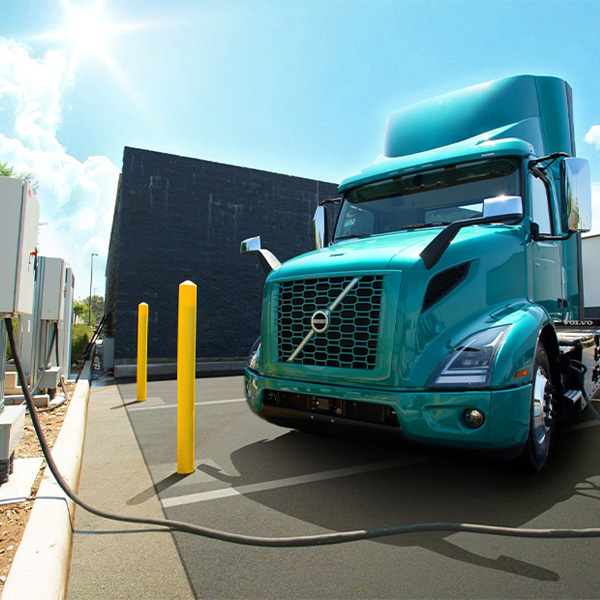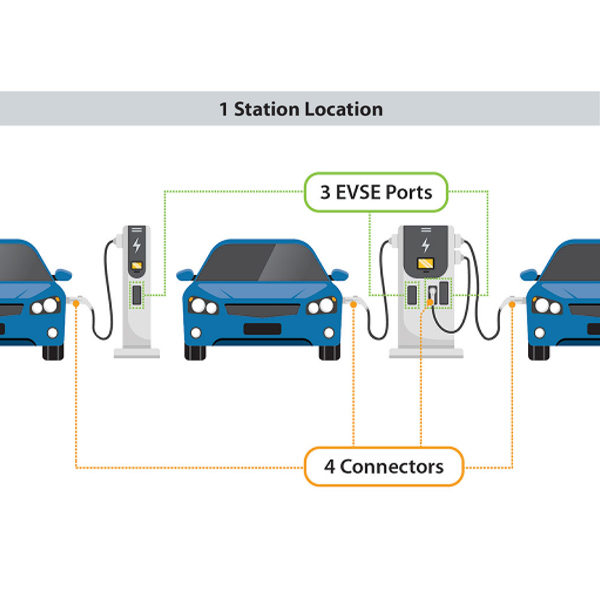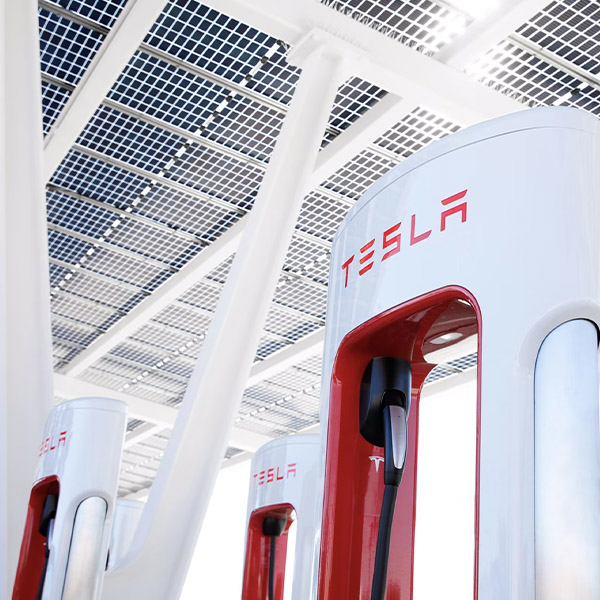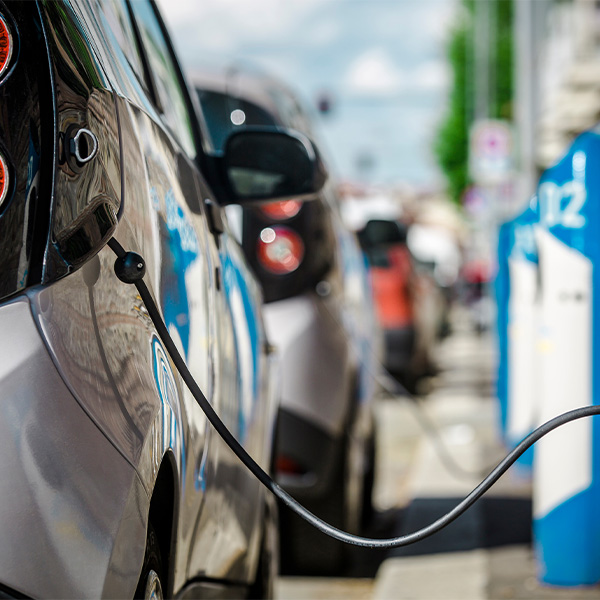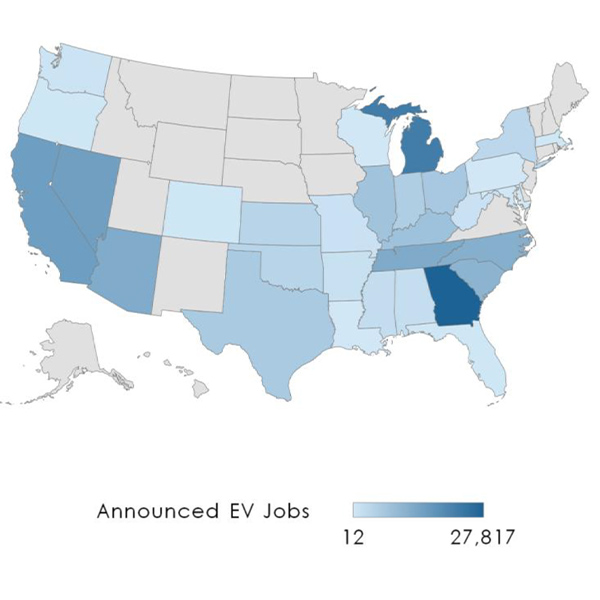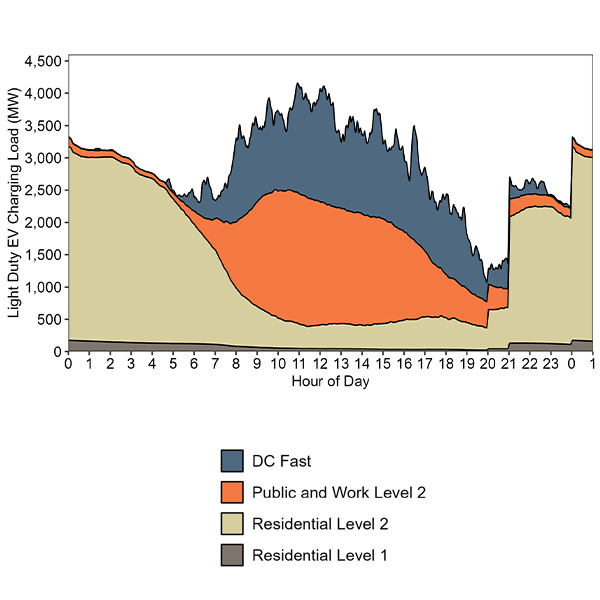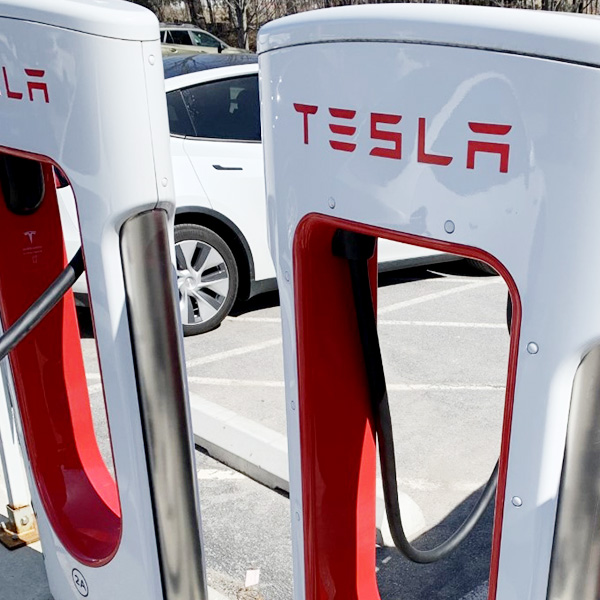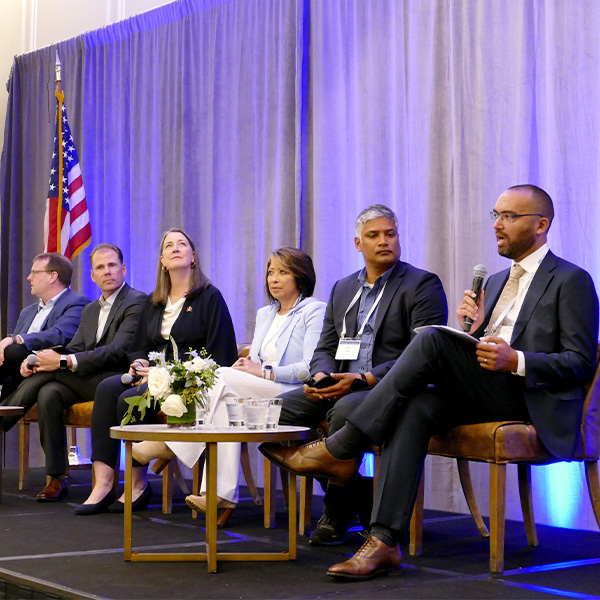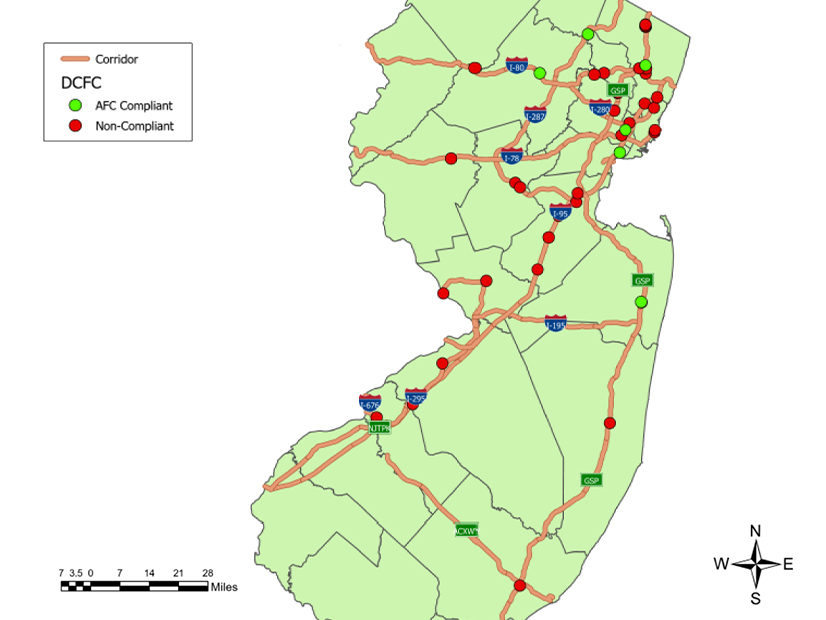direct current fast chargers (DCFCs)
The California Energy Commission granted about $15 million to private companies to install more than 100 electric vehicle fast chargers in the Golden State.
The New Jersey Assembly Transportation and Independent Authorities Committee advanced legislation that would require utilities to submit tariffs for commercial direct current fast chargers (DCFCs) and limit their ability to set their rates based on peak demand.
The California Energy Commission and Department of Transportation are seeking feedback on a state grant program designed to replace and repair more than 1,300 chargers at 300 sites statewide.
California's charging network is getting a boost from two different directions: a state program aimed at providing high-density Level 2 chargers in underserved areas and the opening of Tesla’s charging network to non-Tesla vehicles.
The bill seeks to accelerate the installation of direct current fast chargers by giving commercial charger operators a break on rates.
The Southeast Alliance for Clean Energy's report found that despite being responsible for 40% of all new investments in EV manufacturing, sales in the Southeast range from only 2.5% to 7% of vehicle sales, below the national average.
California will need to double its public EV charging infrastructure between 2030 and 2035, according to a new report by the state's Energy Commission.
Seven major automakers pledged to install 30,000 DC fast chargers in the U.S., which would more than double the current fast charging infrastructure.
Western regulators heard from a power panel of CEOs on maintaining grid reliability in the face of fires, storms, extreme heat and supply chain disruptions.
A rest stop operator is negotiating with the New Jersey Turnpike Authority to install electric vehicle chargers along the state’s two main highway arteries.
Want more? Advanced Search
